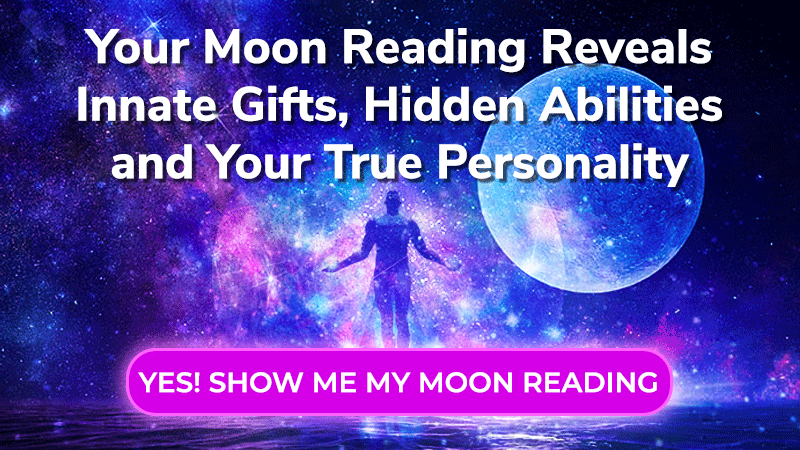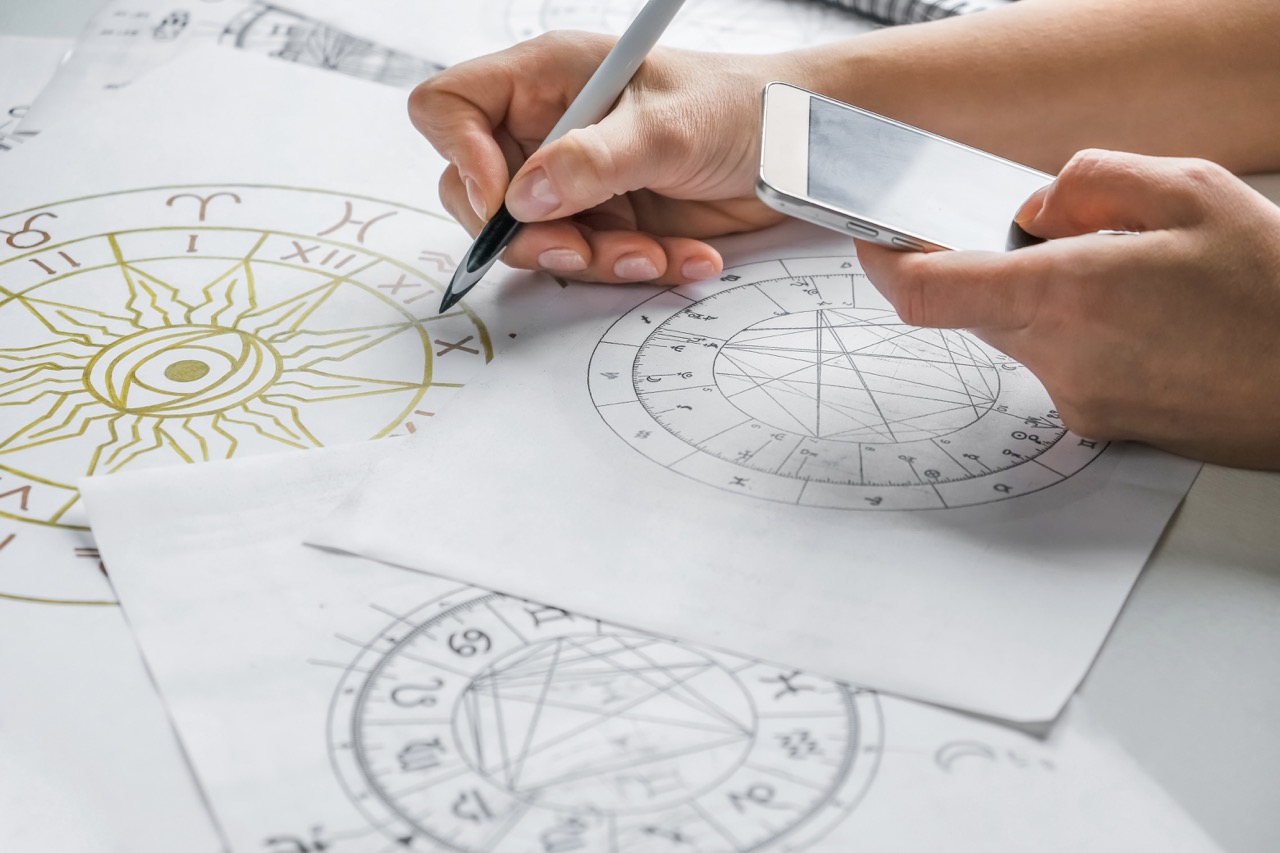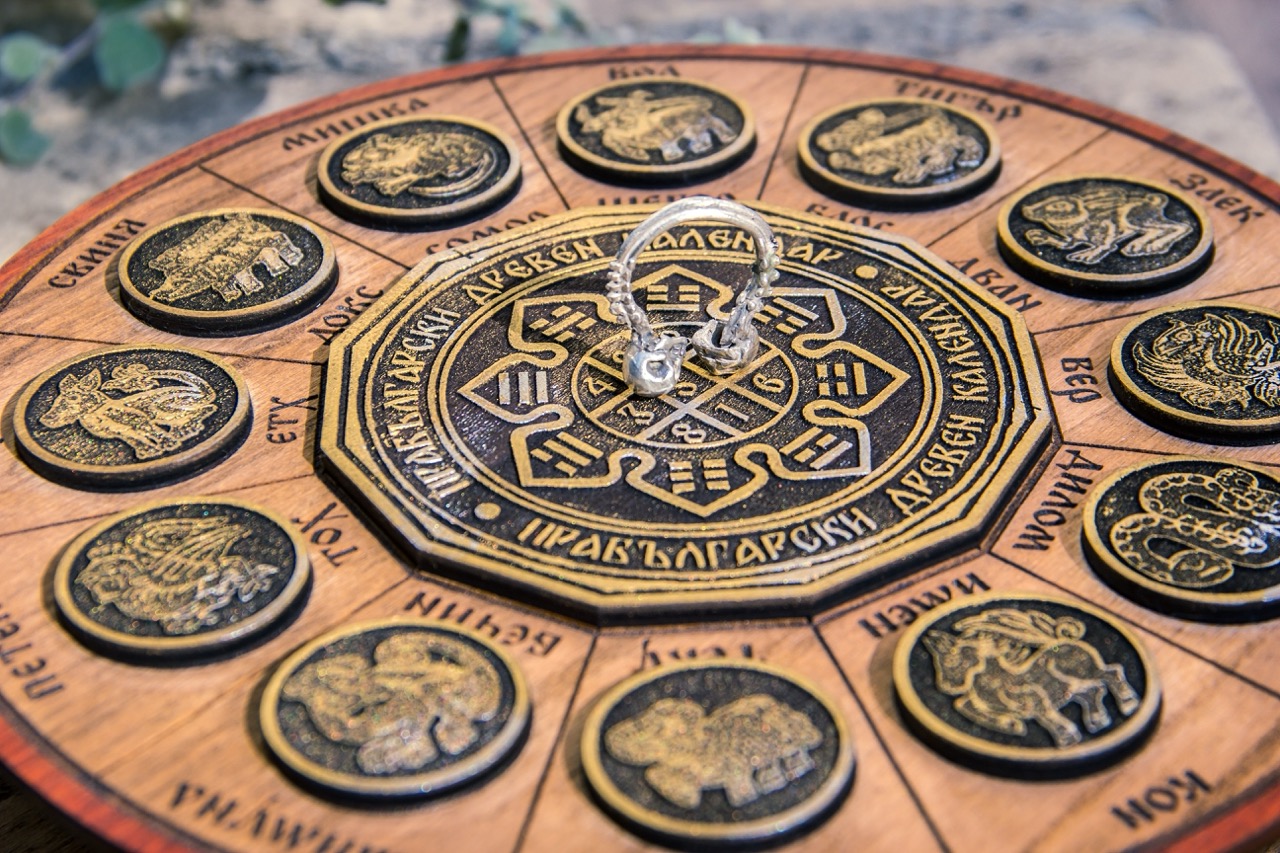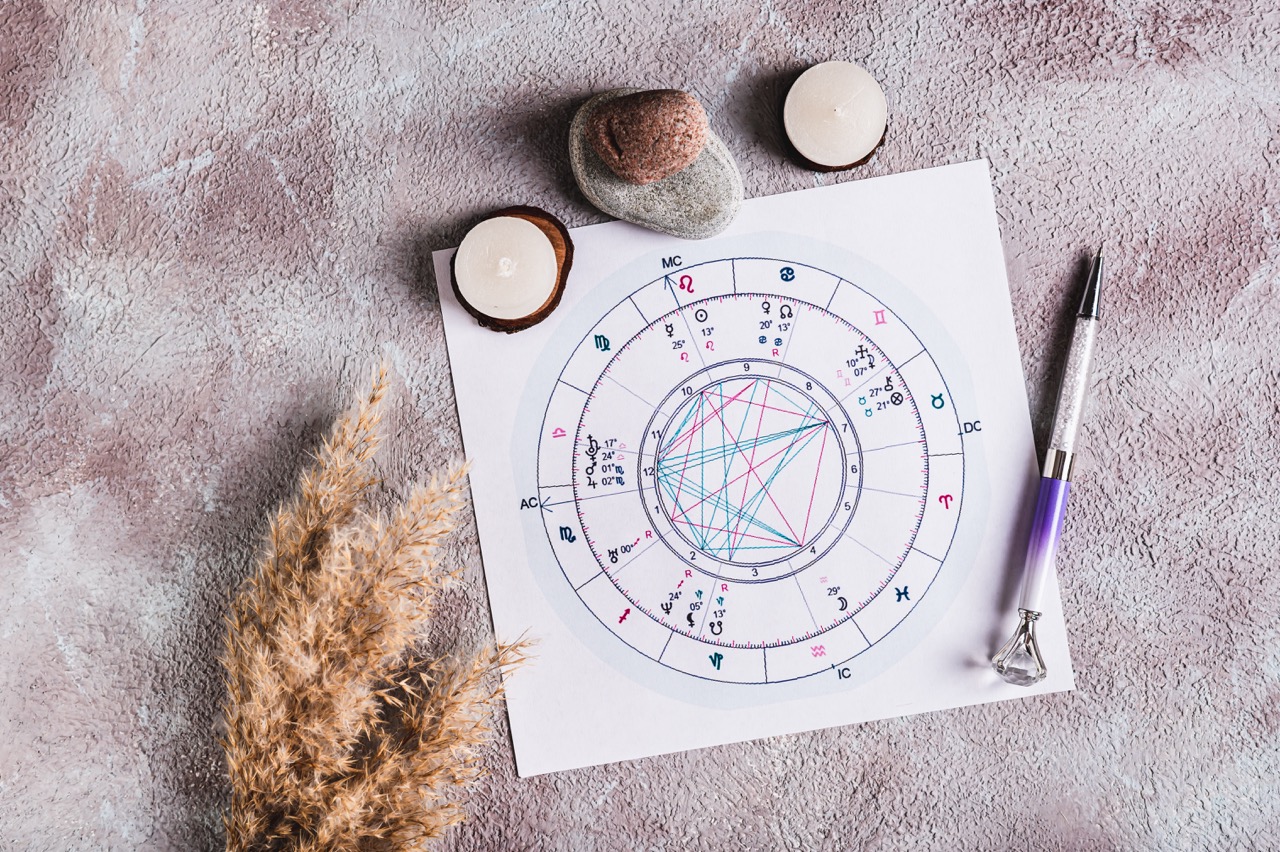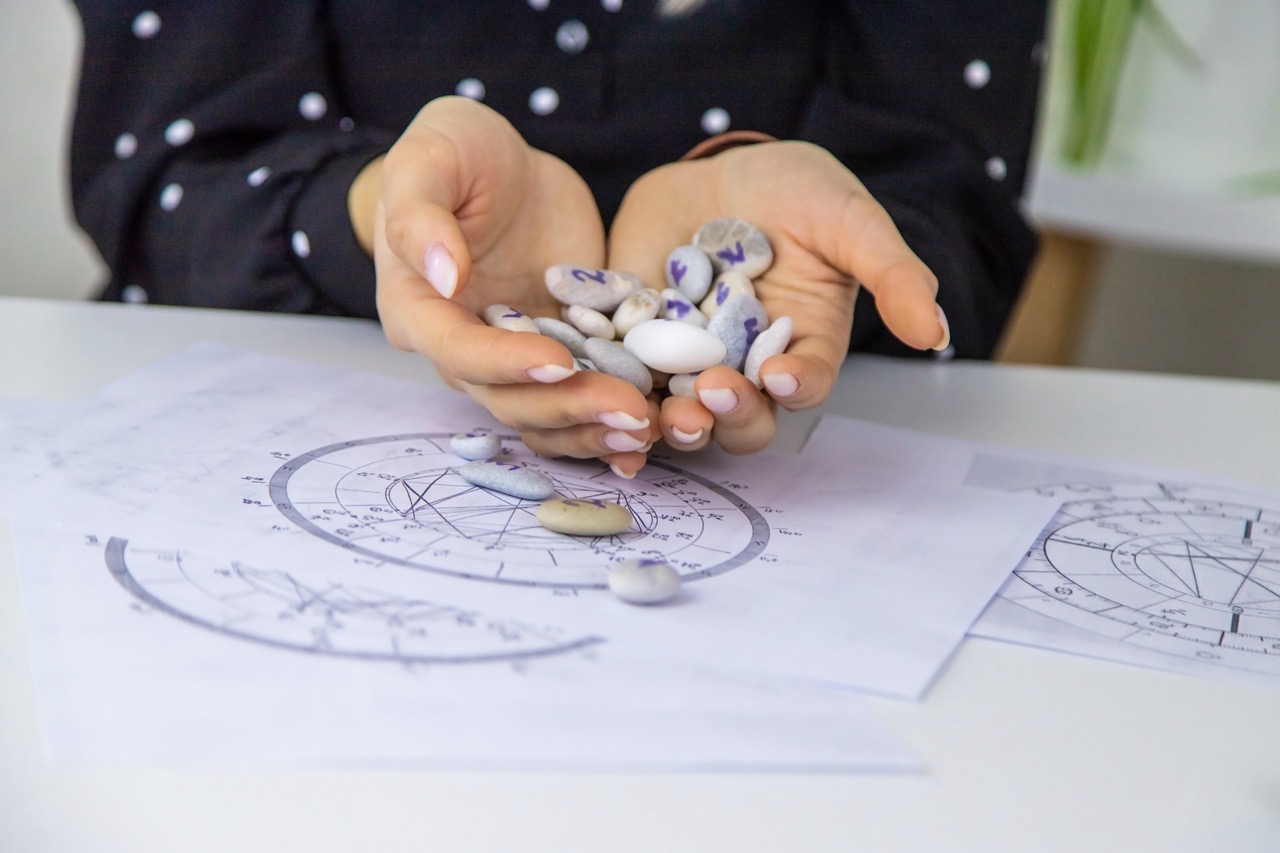The Moon has captivated humanity for millennia, its phases influencing not only the tides but also our emotions and behaviors. As an integral part of astrology, moon reading offers insights into personal growth and self-awareness. In this article, we will explore what science says about the relationship between lunar cycles and human emotions, the psychological impacts of these celestial events, and practical ways to harness lunar energy for personal development.
Understanding Moon Phases and Their Emotional Impact
The Moon’s phases—new, waxing, full, and waning—carry distinct emotional vibrations that resonate with different aspects of our lives. The New Moon is often linked to beginnings and intentions, inviting us to set goals and embrace fresh starts. Conversely, the Full Moon symbolizes culmination and release, prompting us to let go of what no longer serves us. Research suggests that these lunar phases can evoke varying emotional responses, aligning with the cycles of our own inner lives.
Scientific studies have shown that the gravitational pull of the Moon can influence human behavior. For instance, some researchers argue that the full Moon may correlate with increased feelings of anxiety and restlessness. Similarly, the New Moon can be a time for introspection and emotional clarity, as we feel its subtle energy urging us to reflect on our desires and aspirations. By recognizing these patterns, individuals can better navigate their emotional landscapes.
Understanding the emotional impact of the Moon’s phases allows us to align our actions with its cycles. This alignment can enhance self-awareness, fostering a deeper connection to our emotional states. By acknowledging the Moon’s influence, we can learn to embrace its ebb and flow, ultimately leading to a more balanced emotional life.
The Science Behind Lunar Cycles and Human Behavior
While astrology often intermingles with spirituality, scientific inquiry has also sought to understand the Moon’s influence on human behavior. Research has explored correlations between lunar phases and crime rates, sleep disturbances, and even surgical outcomes. While findings can be mixed, some studies indicate that certain lunar phases might indeed have measurable effects on our emotional and physical well-being.
One significant area of research focuses on the full Moon and its purported connection to heightened emotional states. Some studies suggest that hospital admissions and emergency room visits may increase during this time, indicating a potential link to more intense emotional experiences. The Moon’s magnetic pull may interact with the human body’s water content, which can be hypothesized to affect our emotions and behaviors in subtle ways.
However, it’s important to approach these findings with a critical mind. While the Moon’s influence may not be universally accepted in scientific communities, the consistent anecdotal evidence from individuals attests to its significance in personal experiences. By recognizing these influences, one can cultivate a more informed understanding of how lunar cycles may shape emotional responses.
How Moon Reading Connects to Personal Growth
Moon reading is not just about observing celestial patterns; it is a tool for self-discovery and personal growth. By paying attention to the Moon’s phases, individuals can gain insights into their emotional states, relationships, and life cycles. This practice encourages mindfulness, allowing us to tune into our feelings and intentions as we navigate the complexities of life.
Astrologically, each Moon phase offers unique opportunities for introspection. For example, during the waning phase, we are encouraged to release old habits and patterns that no longer serve our highest selves. This can lead to breakthroughs in personal development, as we shed layers of emotional baggage. The cyclical nature of the Moon reflects our own journeys, reminding us that growth is often nonlinear and requires patience.
Moreover, moon reading can foster a deeper connection to our own rhythms and cycles. By tracking our emotions alongside lunar phases, we can identify patterns that inform our decision-making and self-care practices. This awareness not only enhances emotional intelligence but also empowers us to take charge of our personal narratives.
Practical Tips for Harnessing Lunar Energy in Life
To effectively harness lunar energy, it helps to establish a lunar ritual that resonates with you. This may include journaling during the New Moon to set intentions or engaging in a releasing ceremony during the Full Moon. Such practices create space for reflection and growth, aligning your emotional landscape with the natural rhythms of the universe.
Additionally, consider incorporating meditation or mindfulness practices aligned with the Moon’s phases. For example, during the waxing phase, focus on visualization techniques to manifest your intentions, while the waning phase can be a time for reflection and letting go. These practices can help deepen your emotional awareness and create a sense of harmony in your life.
Lastly, keep a lunar journal to document your emotional experiences and insights throughout each lunar cycle. Over time, you may begin to notice patterns and correlations between your feelings and the Moon’s phases, allowing you to tailor your self-care practices to align with your emotional needs. This ongoing reflection can enhance self-awareness and cultivate a greater sense of peace and purpose in your life.
Understanding the relationship between moon reading and emotions is a journey that blends science with spirituality. By recognizing the emotional impact of lunar cycles, we can cultivate a deeper connection to ourselves and the world around us. As you explore these practices, remember that the Moon is a guiding force, illuminating the path to self-discovery and growth. Embrace the cosmic dance, and let it inspire you on your journey toward emotional clarity and fulfillment.
